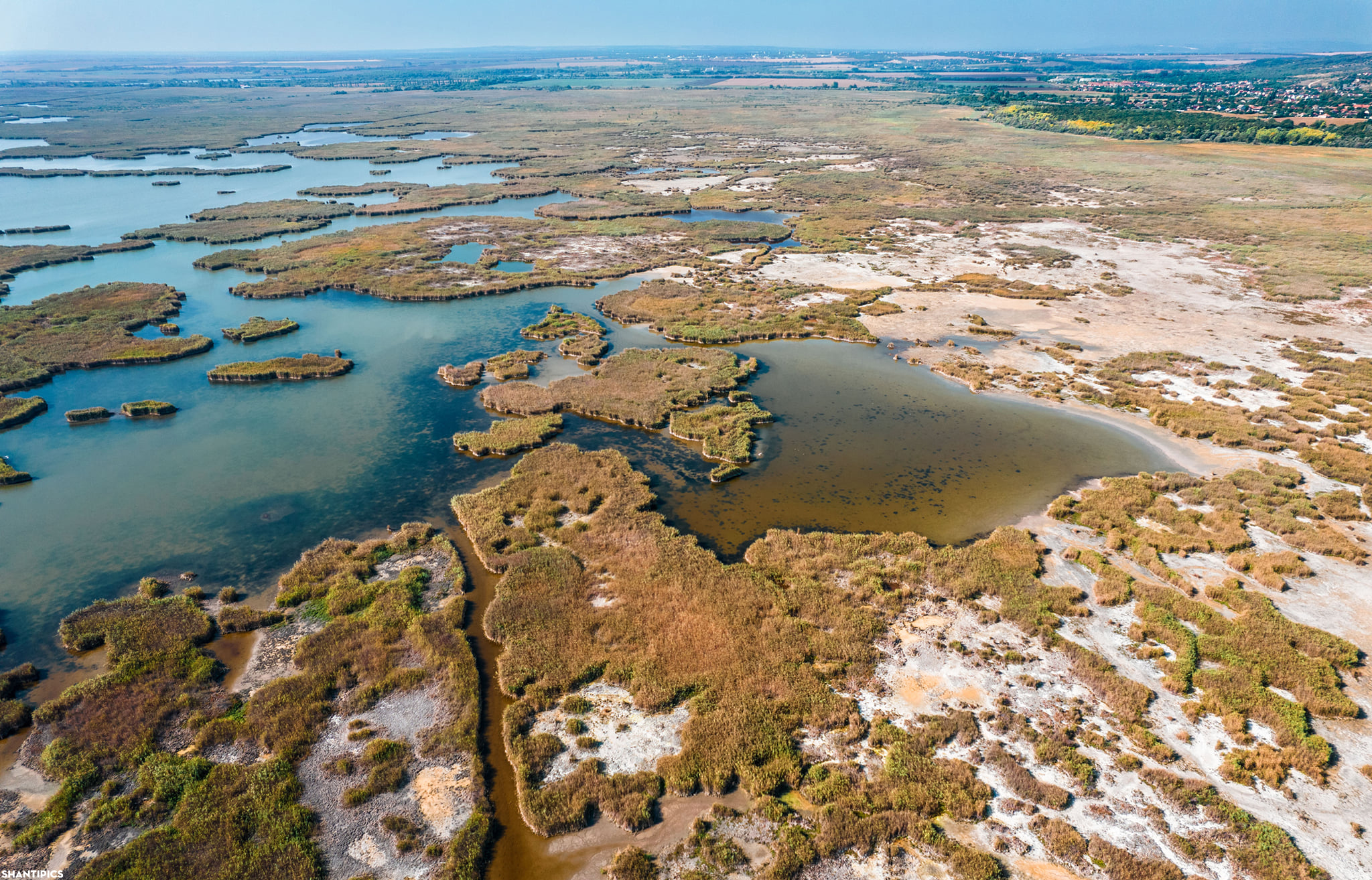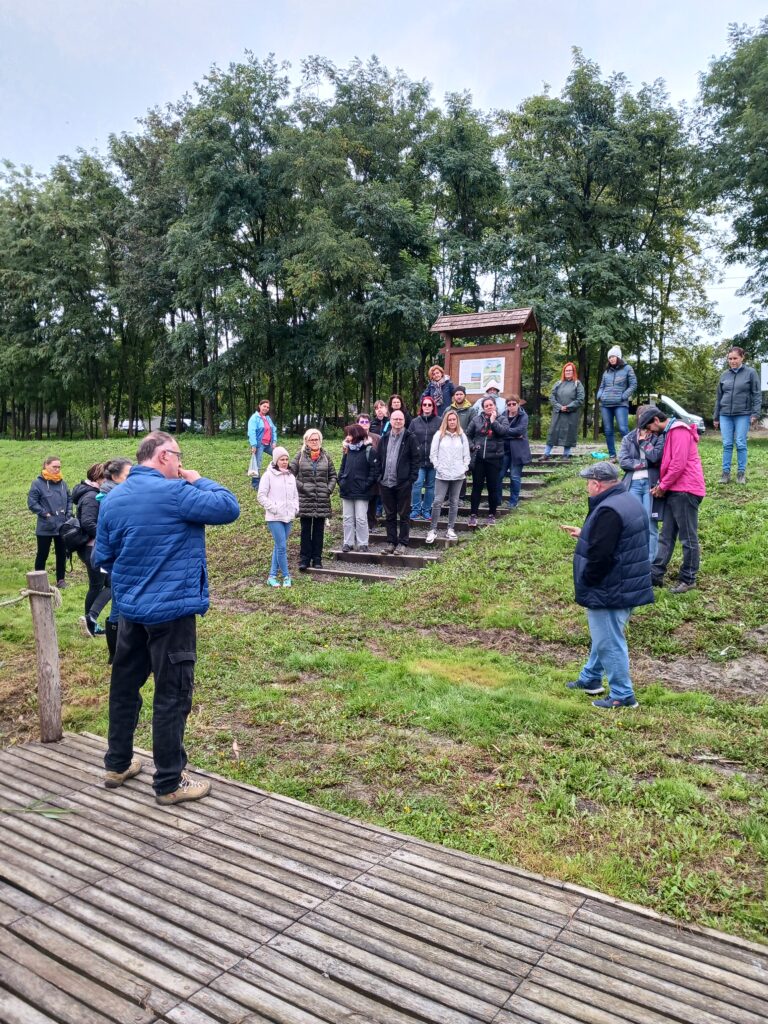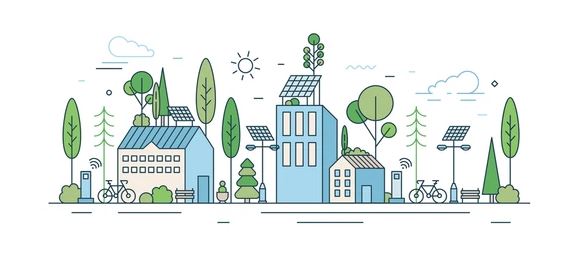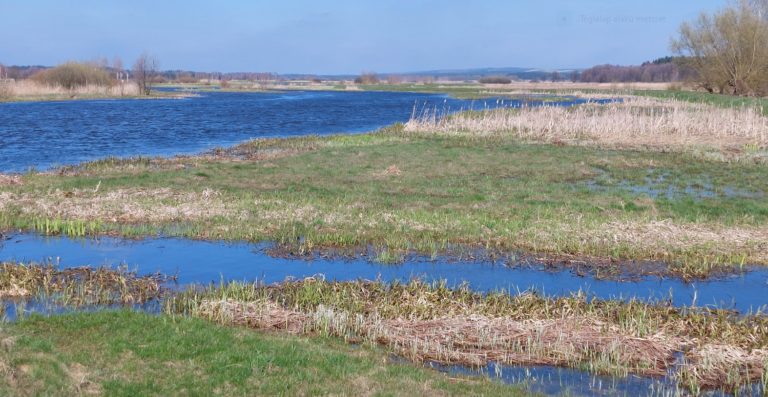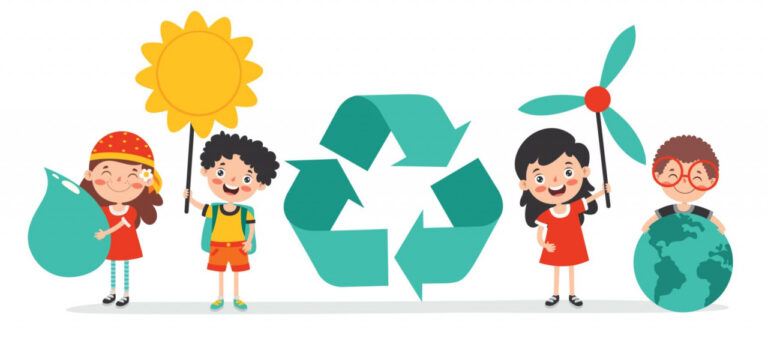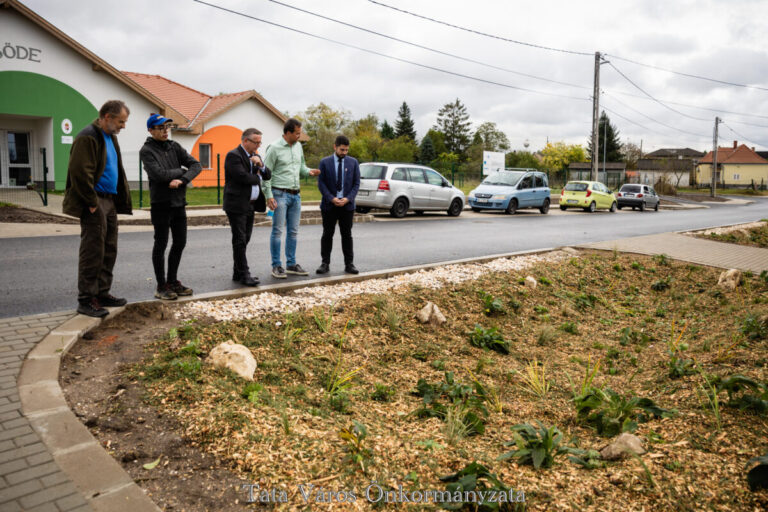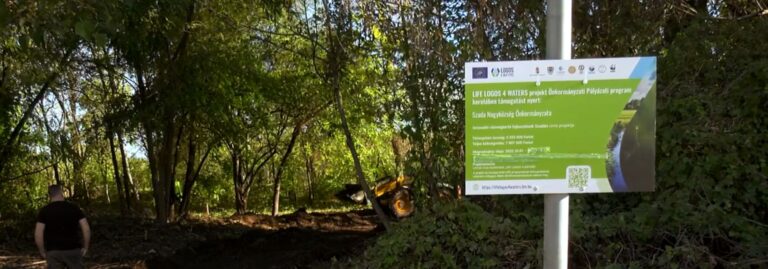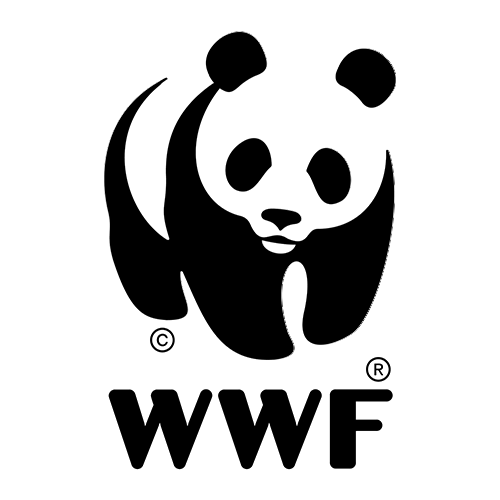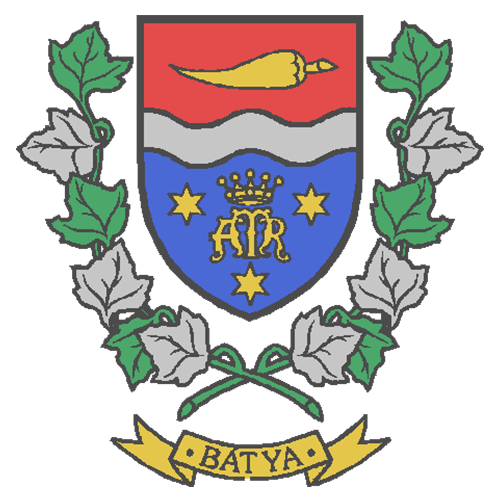How did people experience the unprecedented drought in 2022?
In November 2022, WWF Hungary asked its followers on Facebook to tell how the drought in the country affected them during the year of 2022. Stories or photos documenting the long dry period could be submitted for a month on social media or by e-mail, and during that time, nearly a hundred people shared their experiences of last year’s drought in pictures, words, or a short story illustrated with pictures.
The following quotes selected from the stories reveal not only desperation due to the lack of water, but give also visionary solutions in some cases and show that we can still hope for the better:
“In 2022, an extraordinary drought lasting several months hit most of Europe, including Hungary.
Most of the irrigation canals, reservoirs, and lakes in the Great Plain have dried up, and the water levels of the country’s two largest lakes, Lake Balaton and Lake Velence, have also dropped significantly.
Both the wildlife and the living conditions of the people living here have changed radically.”
“István, leaning against the empty sluice in front of the burned-out corn field. The irrigation canals are completely dry. But even if it rains a little, the water flows from the canals into the Tisza or the Danube. If we don’t close the sluices, the water will flow out of the country. So, what are we going to do next year?
Izsák, Bács-Kiskun county”
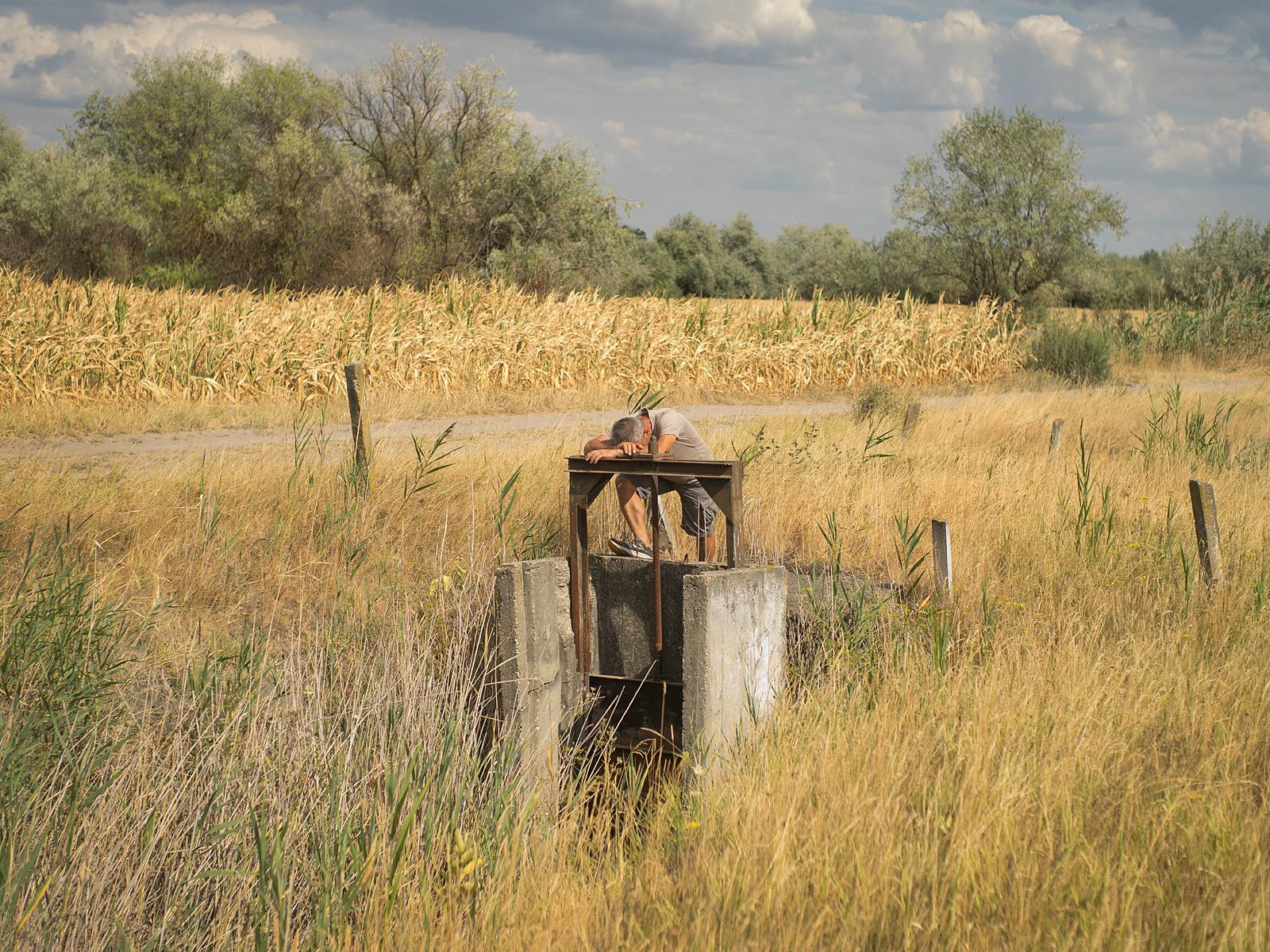
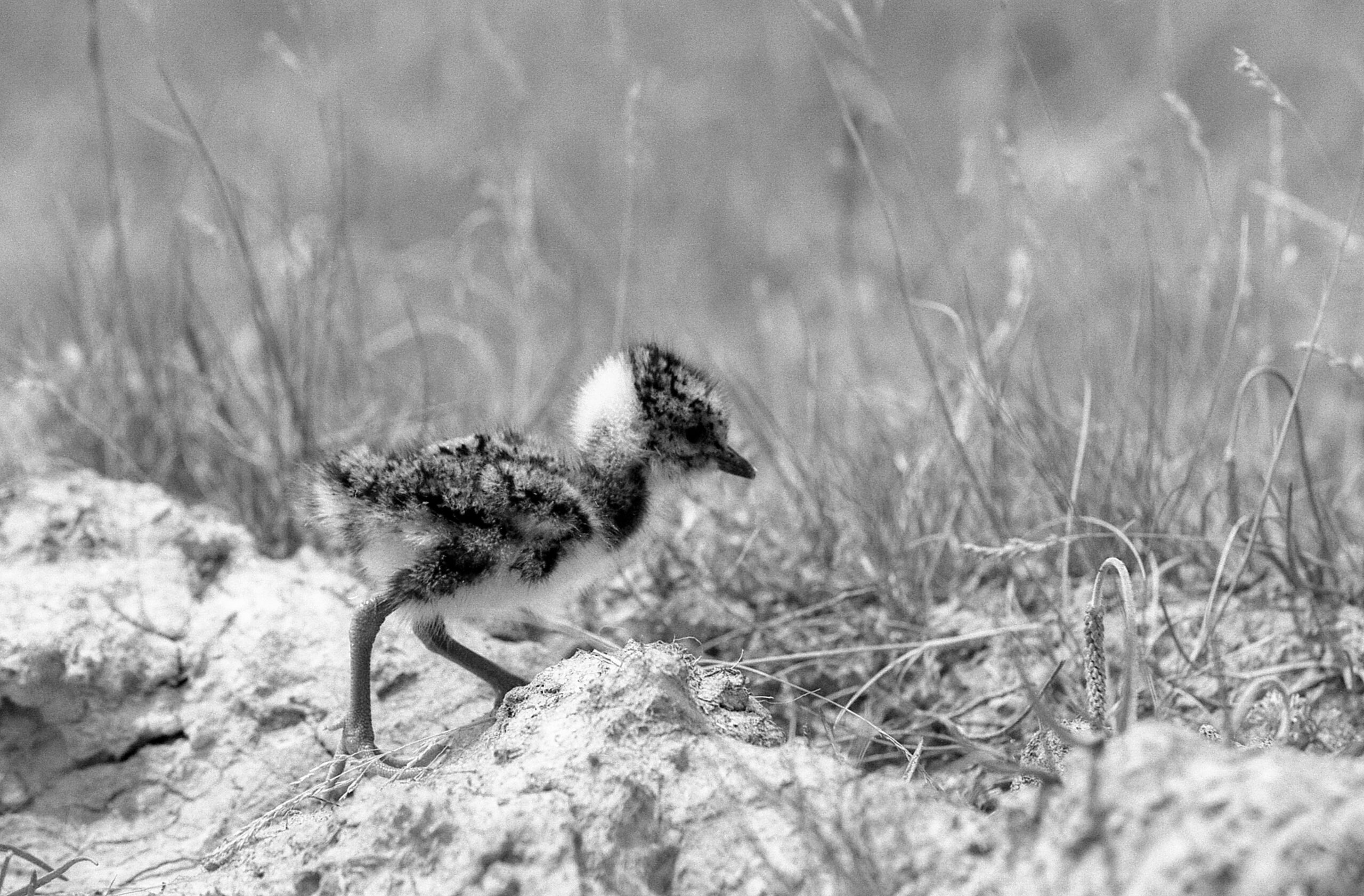
“The photo shows a lapwing chick in Apajpuszta, which is located in the Upper Kiskunsági-Puszta area of the Kiskunság National Park. I recorded it on black and white film. The landscape of the saline marshland has now changed significantly, permanent open water surfaces are no longer found in the area, which is a consequence of the ruthless draining effect of inland drainage canals, climate change and – as is now known – inaccurate agricultural cultivation practices. To approach the previous conditions, it would be necessary to switch the inland drainage canals to a water retention function, which could be achieved with the least expenditure by closing the sluices when time is right and keeping them under control, from which nature could benefit as much as agriculture. Man, and nature, or nature and man. Landscape management close to nature is the long-term and only way in the fight to mitigate the harmful effects of drying up.”
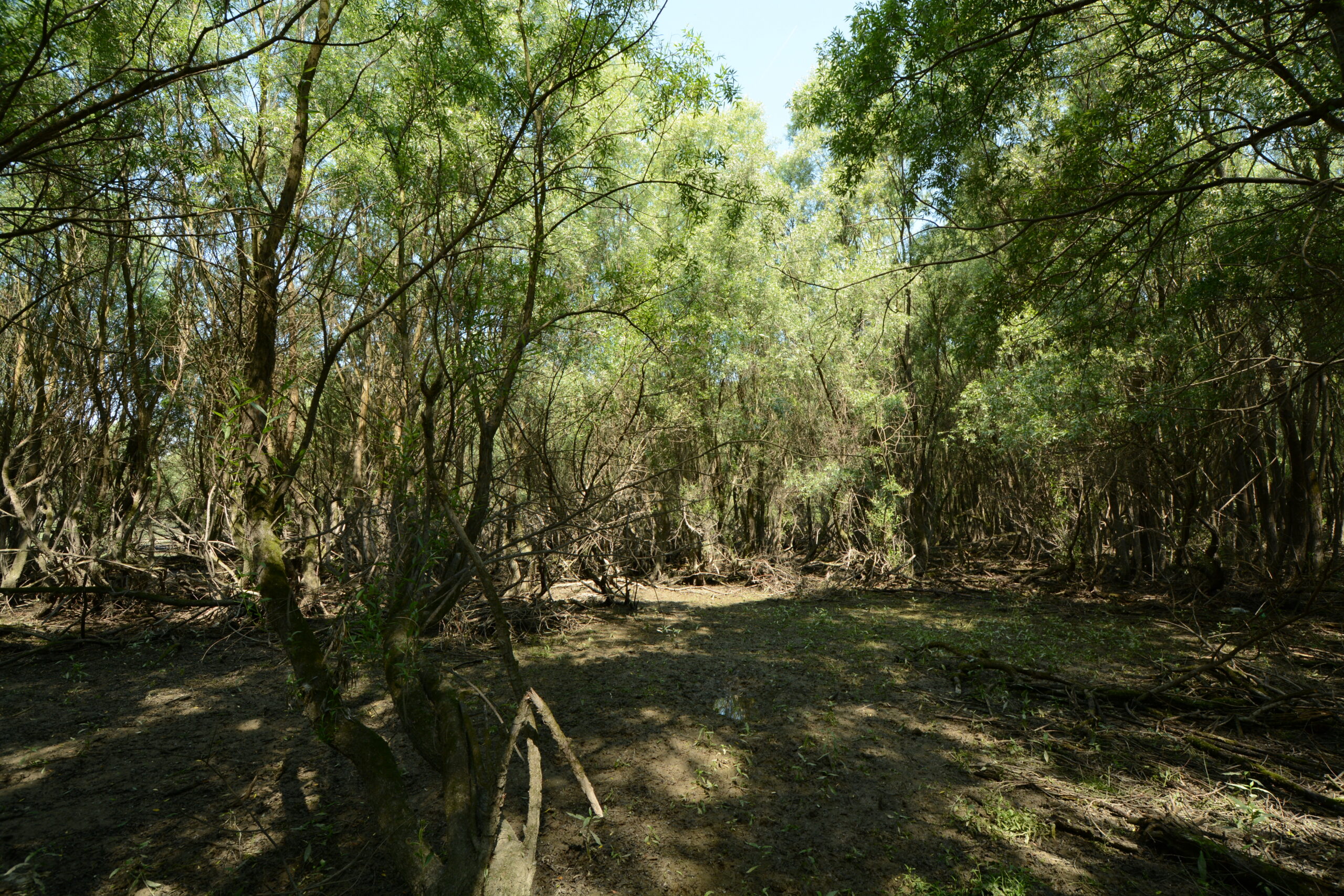
“…the study trip was accompanied by a shocking drought. We also visited the alder bogs around Darány with dry feet. However, the most surprising thing was perhaps when we visited the floodplain of the Danube in a softwood grove in the Béda area, which was also dry where there should have been a lot of water coverage at that time.”
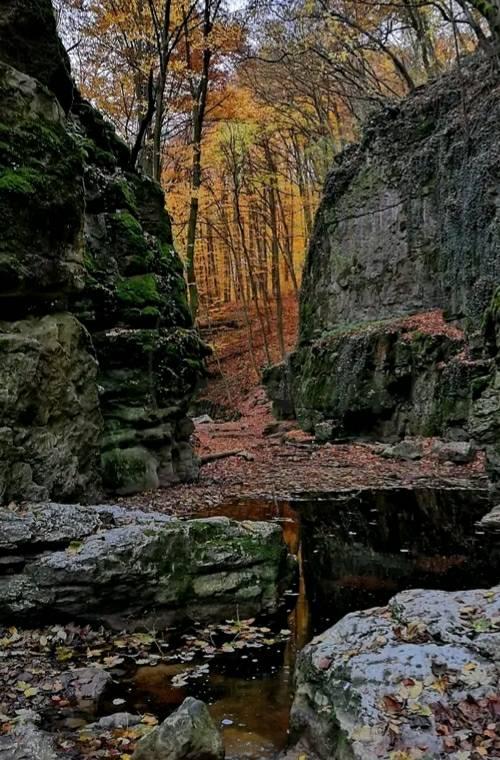
“This picture was taken this autumn at the Cuha stream in Hungary. The view is beautiful but saddening at the same time. After all, the last time we were here, the water rushed down between the rock walls with a huge bang. Whereas now we could barely find the stream.”
„Az ég robajlik, a szél üvölt
Esőre várok, hogy üdvözülök
De nem hullik más víz a földre,
Mint szökőkútból a kőre.”
© Alex Dániel Bitter (It’s a poem about waiting for water as salvation, but we can’t translate it.)
“The dug wells have completely dried up. We live on a farm, once a school, so there are many old trees, but even these were thirsty, not to mention the young plants that were a few years old!”
© Éva Krisztin
“…we also had to improve the soil so that the garden would be fertile. To begin with, it was sown with mustard in early spring, which of course was worked in later, then 10m3 of black soil for the sand. A good amount of manure will come now. And in early spring, a little greening again (Now there are a lot of weeds, if they don’t freeze, they will be mowed.) Maybe next year the water balance of the soil will be a little better again. The mulch will also come next year – especially if I can get it in the right quantity and at a realistic price. …And don’t be left out, nothing replaces the rain, the September rain is still worth its weight in gold, no matter how late it comes.”
© Józsefné Filep
At the beginning of December, the winners were selected from the received works, or rather sad mementos.
Story category winners:
Alex Bitter
András Bősze
Blanka Dornyi, Adél Groszeibl
Erika Magossy
Eszter Edit Varga
György Soós
Józsefné Filep
Lászlóné Gonda
Márton Korda
Zoltán Szenek
Zsolt Balázs
Photo category winners:
Adrienn Herendy
Bernadett Szabó
Ferenc Jenei
Imre Laci
Krisztián Barczag
Shantipics
Richárd Gál
Róbert Gácsfalvi
Tamás Koncz-Bisztricz
Zsolt Klimaj
Zsombor Varga
Zsuzsanna Müllerné Szelp
In the story category, the main prize went to Zsolt Balázs’s photo essay “Silent sky, banging ground”, while in the photo category, Richárd Gál and Ferenc Jenei shared the prize.
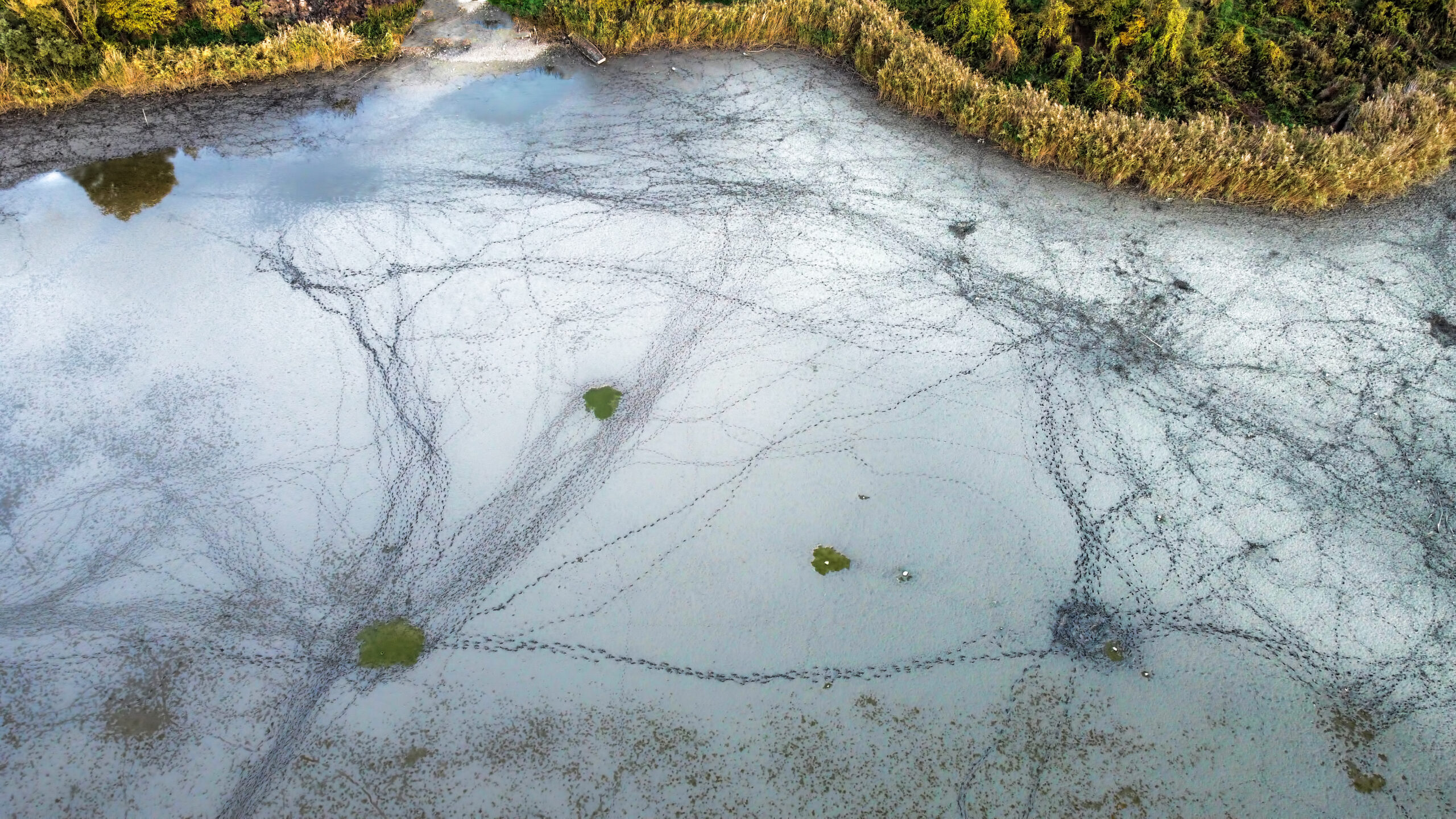
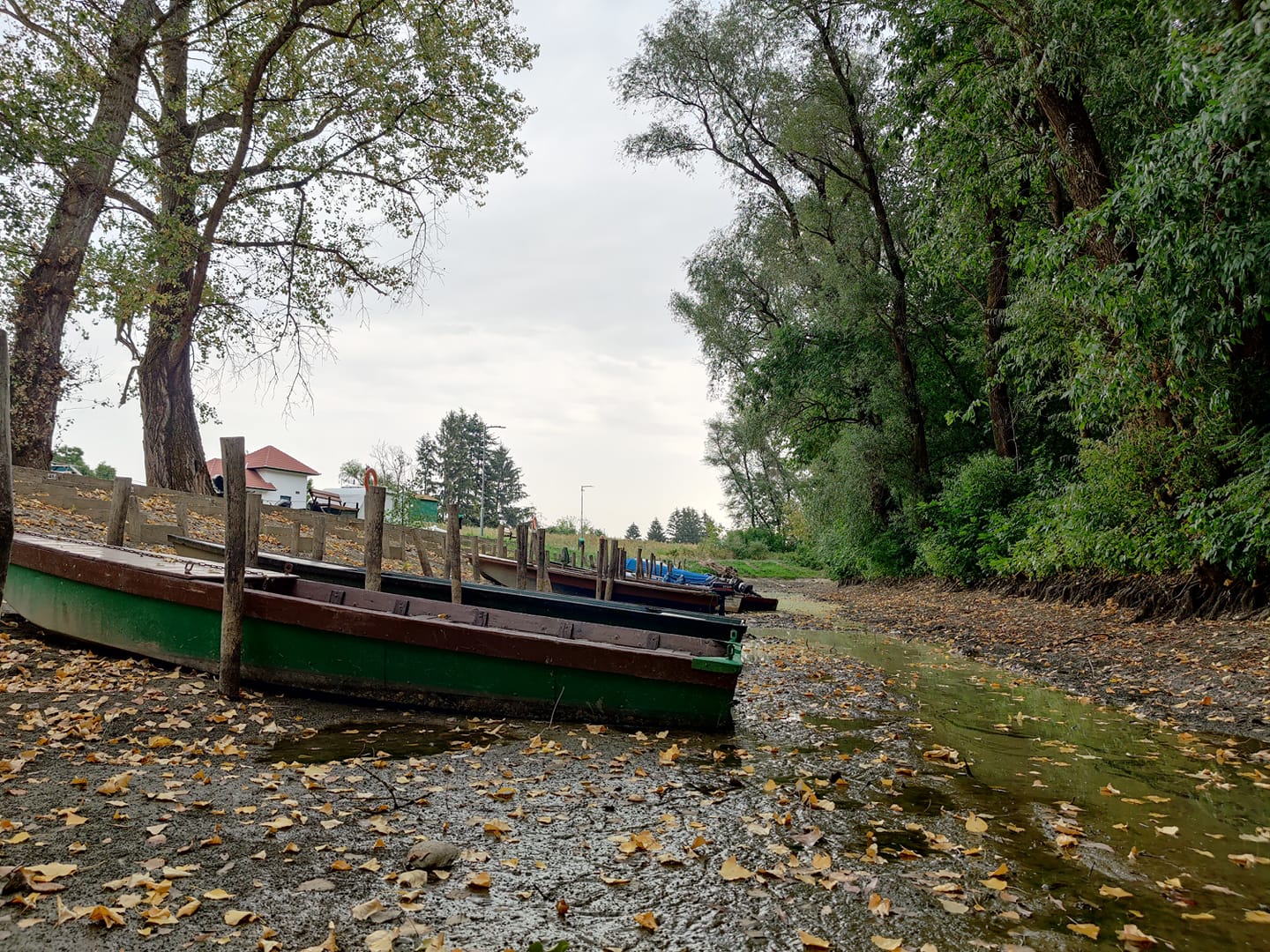
Thank you very much to everyone who participated in the competition. Congratulations to the winners on their excellent work.
Let’s walk with open eyes and take care of our environment.
The winners received a gift package related to wetlands – a lakeshore bulrush basket, spring flower honey, and an otter plush.
The photos of the awardees can be viewed in the Gallery.


